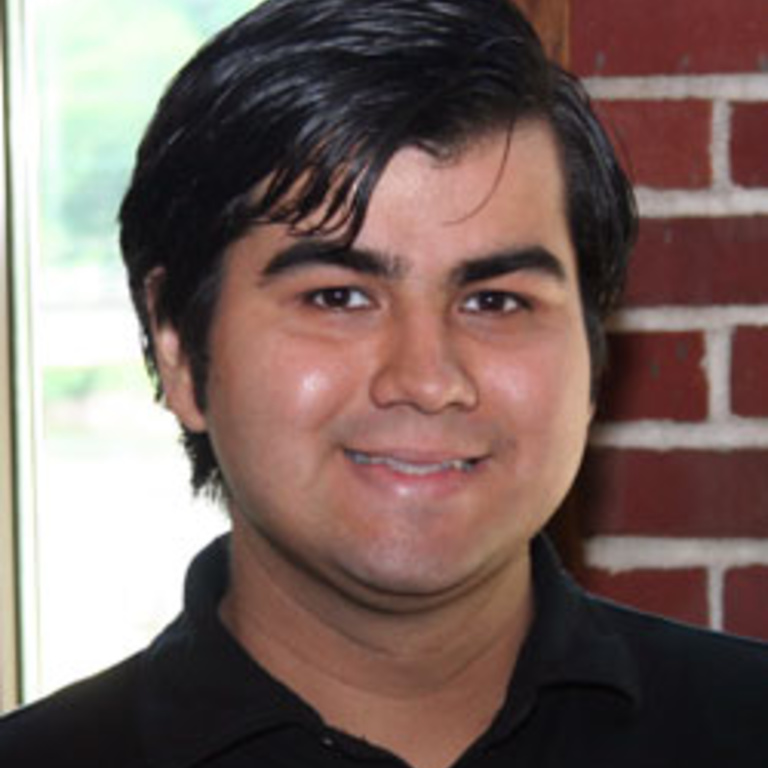David De La Torre
Towards Reciprocal City Development: Heterogeneous Communities and Disproportionate Power
The idea of consciously re-designing the structures of living spaces has been a recurring yet dynamic practice in the United States. Beginning with the invasive efforts of 19th century social workers and reformers, the application of Urban Redevelopment has been overall deficient at addressing the needs of local areas with respect to heterogeneity. The purpose of my research is to address an aspect of this immorality by examining the University of Southern California’s 2012 Specific Plan for the University Village community within the context of the greater community of South Central Los Angeles. Is it possible to have a reciprocal neighboring relationship-- characterized by collaborative dialogue and decision making--- with the existence of heterogeneous groups with unequal power? Despite the recent shift in demographic composition from primarily African-American to Latino, the Los Angeles area surrounding USC is without deviation in its totality of households with income significantly below three quarters of the city’s median income. To answer our question we reviewed extensive literature, generated a multi-faceted geographic display, and conducted oral interviews. Based on our preliminary observations, the following three main groups had a set of different concerns and needs that were not equally represented within the development outcome. The University was ultimately concerned with the safety and desirability of its campus which included measures to protect campus exclusivity. The City of was most concerned about economic prosperity, while the working community surrounding USC was most concerned with housing, employment, and inclusivity. The needs of the surrounding working community were insufficiently met within the Development Agreement. Such evidence questions whether reciprocal neighboring relationships can exist with disproportionate power realities. Further research into the USC Specific Plan is significant because of the University’s leadership as a global institution. In essence, whatever the University does in the city to promote its global prominence and desirability potentially sets precedence for other private university development projects across the nation in urban settings.
